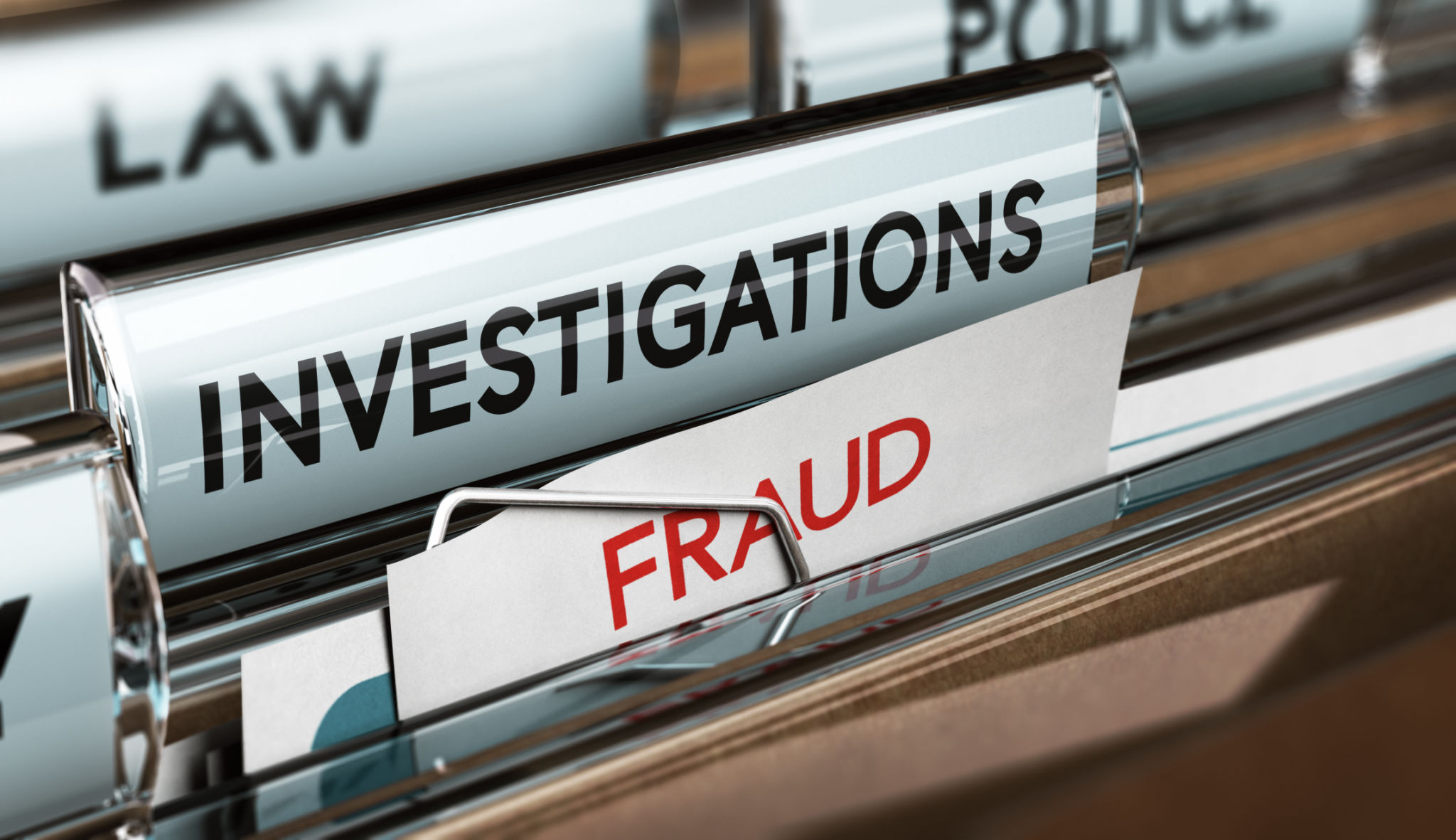Uncovering the Truth: How Forensic Accountants Investigate Fraud in Canada
Understanding Forensic Accounting
Forensic accounting is a specialized field that merges accounting, auditing, and investigative skills to uncover financial fraud and discrepancies. In Canada, forensic accountants play a crucial role in identifying and analyzing fraudulent activities, ensuring that justice is served and financial integrity is maintained.
Their work often involves the examination of financial records, the tracing of assets, and the analysis of complex transactions. Forensic accountants are not only adept at identifying fraud but also skilled in presenting their findings in legal proceedings, making their work indispensable in both corporate and legal arenas.

The Role of Forensic Accountants in Fraud Investigations
Forensic accountants are often called upon to investigate suspected fraud in various sectors, including corporate, governmental, and non-profit organizations. Their investigations typically follow a structured approach:
- Detection: Identifying red flags or anomalies in financial statements.
- Investigation: Conducting a thorough examination of financial records to gather evidence.
- Analysis: Interpreting financial data to understand the extent and nature of the fraud.
- Reporting: Compiling a detailed report of findings that can be used in court proceedings.
This structured methodology ensures a comprehensive investigation that can withstand scrutiny in legal environments.

Common Techniques Used by Forensic Accountants
Forensic accountants employ a variety of techniques to uncover fraudulent activities. These techniques include:
- Data Mining: Utilizing advanced software to sift through large volumes of data to identify irregular patterns or transactions.
- Forensic Audits: Conducting detailed audits focused on tracing funds and identifying discrepancies.
- Interviews: Engaging with employees and stakeholders to gather insights and corroborate findings.
These methods enable forensic accountants to effectively reconstruct financial events and provide clear evidence of fraudulent activities.

The Impact of Fraud in Canada
Fraud poses significant challenges to businesses and the economy in Canada. The financial losses incurred can be substantial, affecting not only the bottom line of companies but also investor confidence and market stability. According to recent reports, the impact of fraud can extend beyond monetary losses, leading to reputational damage and legal consequences for those involved.
As the complexity of financial systems grows, so does the sophistication of fraudulent schemes. This makes the role of forensic accountants even more vital as they work to stay ahead of fraudsters by continuously updating their skills and methodologies.
The Future of Forensic Accounting
The field of forensic accounting is evolving rapidly with advancements in technology. The use of artificial intelligence, machine learning, and blockchain technology is enhancing the capabilities of forensic accountants, allowing for more efficient detection and analysis of fraudulent activities. These technological advancements promise to further strengthen the fight against fraud in Canada.
As businesses become more reliant on digital platforms, forensic accountants will increasingly adapt their practices to address cybercrime and digital fraud. This evolution underscores the importance of ongoing education and training within the profession to ensure that forensic accountants remain at the forefront of fraud detection and prevention.
